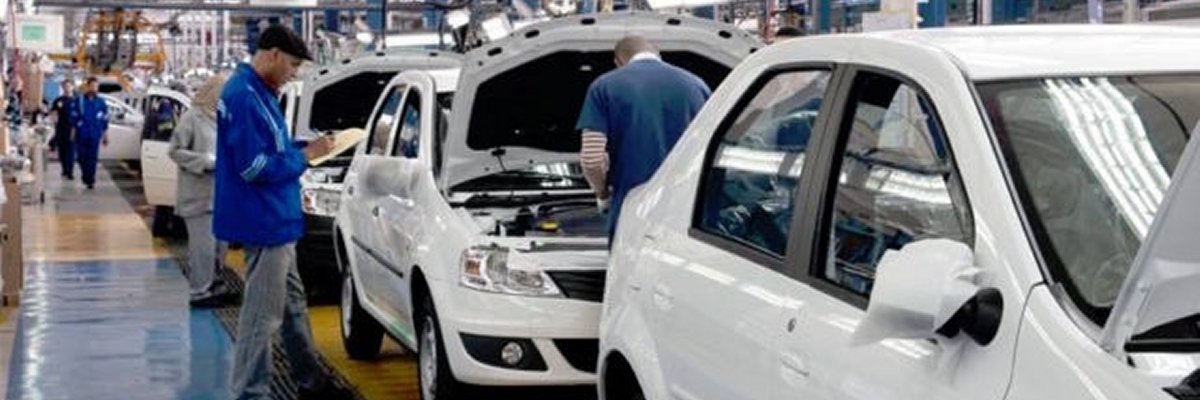News : Morocco
The Moroccan automotive industry, a sector with the wind in its sails
2017-06-12

The sector keeps attracting more foreign investors. A strategy that illustrates the ambitions carried by Morocco to become an essential pole in this field, the family of foreign automotive suppliers located in Morocco has recently expanded. On May 8, the Minister of Industry Moulay Hafid Elalamy inaugurated the factory of the German Leoni in Bouznika. Leader In the field of cables and wiring harnesses, the group plans to hire 2,000 people.
"Morocco is a good location. There is business on the local market as well as on export, this justifies our decision, quite unique, "explained Ralf Maus, Leoni's vice president, who operates a total of three factories in Morocco, with about 6,500 employees, and plans to increase to 11,000 within five years, according to Jeune Afrique.
Leoni now works with Lear, Visteon, Delphi, Japan's Denso, Sumitomo, Yazaki, and France's Faurecia, Plastic Omnium, Valeo and Saint-Gobain. It is not to mention the South Korean cable harness manufacturer Yura Corporation, which has bet on a factory in Meknes, and the Spanish Relats, which last year mobilized an investment of 9 million Euros, for its development, of which 7.3 million Euros only for the extension of its plant in Tangier.
With its dozen of new factories or extensions of existing sites each year, the Moroccan automotive industry is displaying figures to envy its African neighbors: 345,000 vehicles produced in 2016 and 6 billion Euros of turnover, of which 85% is realized abroad.
It has won the bet and dethroned the chain phosphates becoming the leading export sector of the kingdom, and remained in second place on the continental scale behind South Africa, which assembled 599004 vehicles in 2016.
The commercial locomotive of Morocco does not intend to stop in such good way: By 2020, the automotive sector is targeting 10 billion Euros business. In five years, Morocco is expected to have a capacity of 650,000 vehicles (including 200,000 from PSA Kenitra), including the "small" Somaca plant in Casablanca, 80% owned by Renault (72,000 Logan per year) continues Jeune Afrique.
In 2015, in the agreement it signed with the State, PSA committed itself to 65% local integration at the opening and, major fact, will manufacture the engines locally. For its part, Renault Maroc has promised, through the voice of its CEO Marc Nassif on the occasion of the signing of a contract in front of King Mohammed VI in April 2016, to bring its local sourcing off-engines to 65% by 2023 and to realize 3 billion Euros of purchases per year, three times more than in 2015.
A "very ambitious" objective, said Marc Nassif to Jeune Afrique, which is based on an industrial incentive policy articulated around the trio State-builders-suppliers gathered around the Moroccan Association of manufacturers and automakers (Amica).
To the already generous standard grants (Up to 15% of an investment), plus an Industrial Development Fund (IDF) of 250 million Euros per year, which supports the so-called "pioneer" trades. "The approach is to identify the factors that limit growth and to find solutions: skill-building, training, soliciting from foreign suppliers. We work very closely to this end, to subcontractors of rank 3 or 4 and to maintenance, automation or mold companies. This is what will give us a lasting basis, "promises Tajeddine Bennis, vice president of Amica.
Written by: Solène Paillard
Yabiladi.com Journalist
 Ily Es
Ily Es
Translator
- Your comment
Select Language/Country
© 2016 Naciha.com
